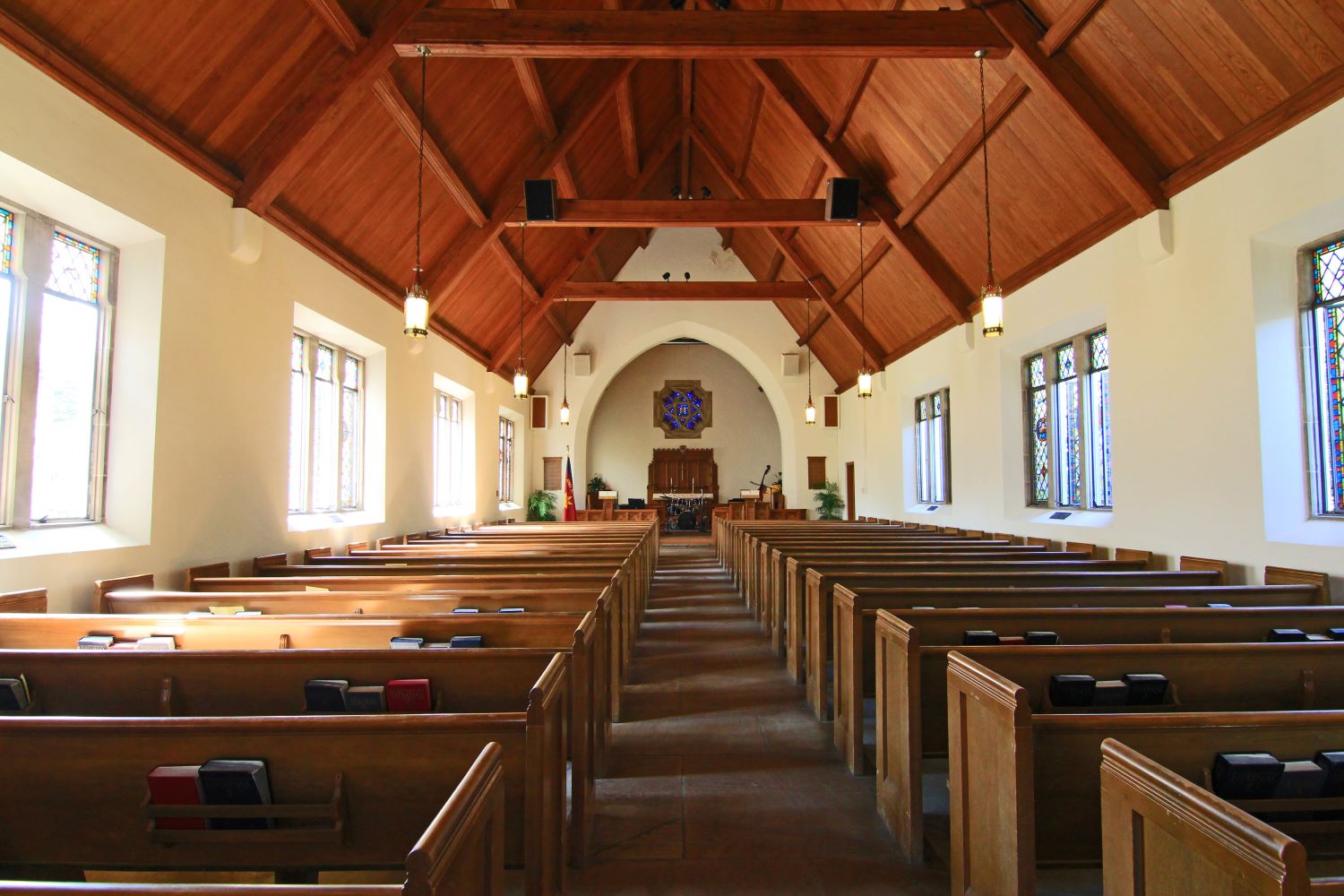American New Testament scholar J. Gresham Machen is best known for his struggles against theological liberalism in the old Northern Presbyterian Church. Dismayed by doctrinal drift, he led in the establishment of two new, conservative institutions – Westminster Theological Seminary in Philadelphia and the Orthodox Presbyterian Church. But his concerns extended beyond the denomination and its academies.
In an essay entitled “Christianity and Culture,” Machen lamented the spiritual state of Europe and America, tying it to society’s growing indifference toward the teaching of Scripture. In his judgment, the modern mind was not so much hostile to the faith as it was oblivious to it. The universities bore much of the blame, but the culture at large also conspired to marginalize and mask the gospel. In this environment, the Church had come to seem extraneous, and attendance plummeted.
This was the challenge, and he accepted it without shrinking. He worked tirelessly and courageously to ensure that more and more of those who filled the pulpits of the land would be grounded in the truth and power of the Bible – preachers whose scholarly and prophetic word could not be ignored.
During the last thirty years there has been a tremendous defection from the Christian Church …
What is the cause of this tremendous defection? For my part, I have little hesitation in saying that it lies chiefly in the intellectual sphere. Men do not accept Christianity because they can no longer be convinced that Christianity is true. It may be useful, but is it true? Other explanations, of course, are given. The modern defection from the Church is explained by the practical materialism of the age. Men are so much engrossed in making money that they have no time for spiritual things. That explanation has a certain range of validity. But its range is limited. It applies perhaps to the boomtowns of the West, where men are intoxicated by sudden possibilities of boundless wealth. But the defection from Christianity is far broader than that. It is felt in the settled countries of Europe even more strongly than in America. It is felt among the poor just as strongly as among the rich. Finally, it is felt most strongly of all in the universities, and that is only one indication more that the true cause of the defection is intellectual. To a very large extent, the students of our great Eastern universities—and still more the universities of Europe—are not Christians. And they are not Christians often just because they are students. The thought of the day, as it makes itself most strongly felt in the universities, is profoundly opposed to Christianity, or at least it is out of connection with Christianity.
…I do not mean that most men reject Christianity consciously on account of intellectual difficulties. On the contrary, rejection of Christianity is due in the vast majority of cases simply to indifference. Only a few men have given the subject real attention. The vast majority of those who reject the gospel do so simply because they know nothing about it. But whence comes this indifference? It is due to the intellectual atmosphere in which men are living. The modern world is dominated by ideas which ignore the gospel. But it is out of all connection with it. It not only prevents the acceptance of Christianity. It prevents Christianity even from getting a hearing.[1]
[1] J. Gresham Machen, “Christianity and Culture,” in Selected Shorter Writings, ed. D. G. Hart (Phillipsburg, NJ: P & R, 2004), 406-407.
